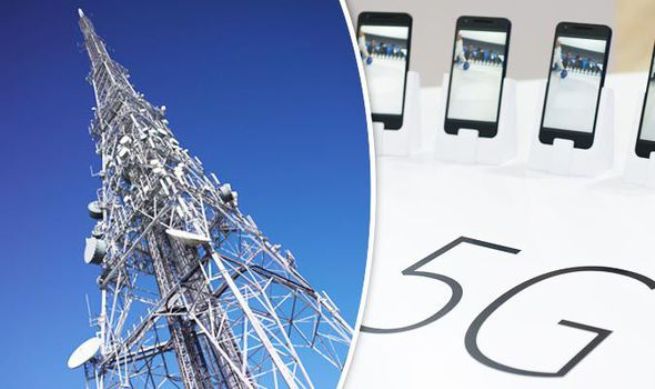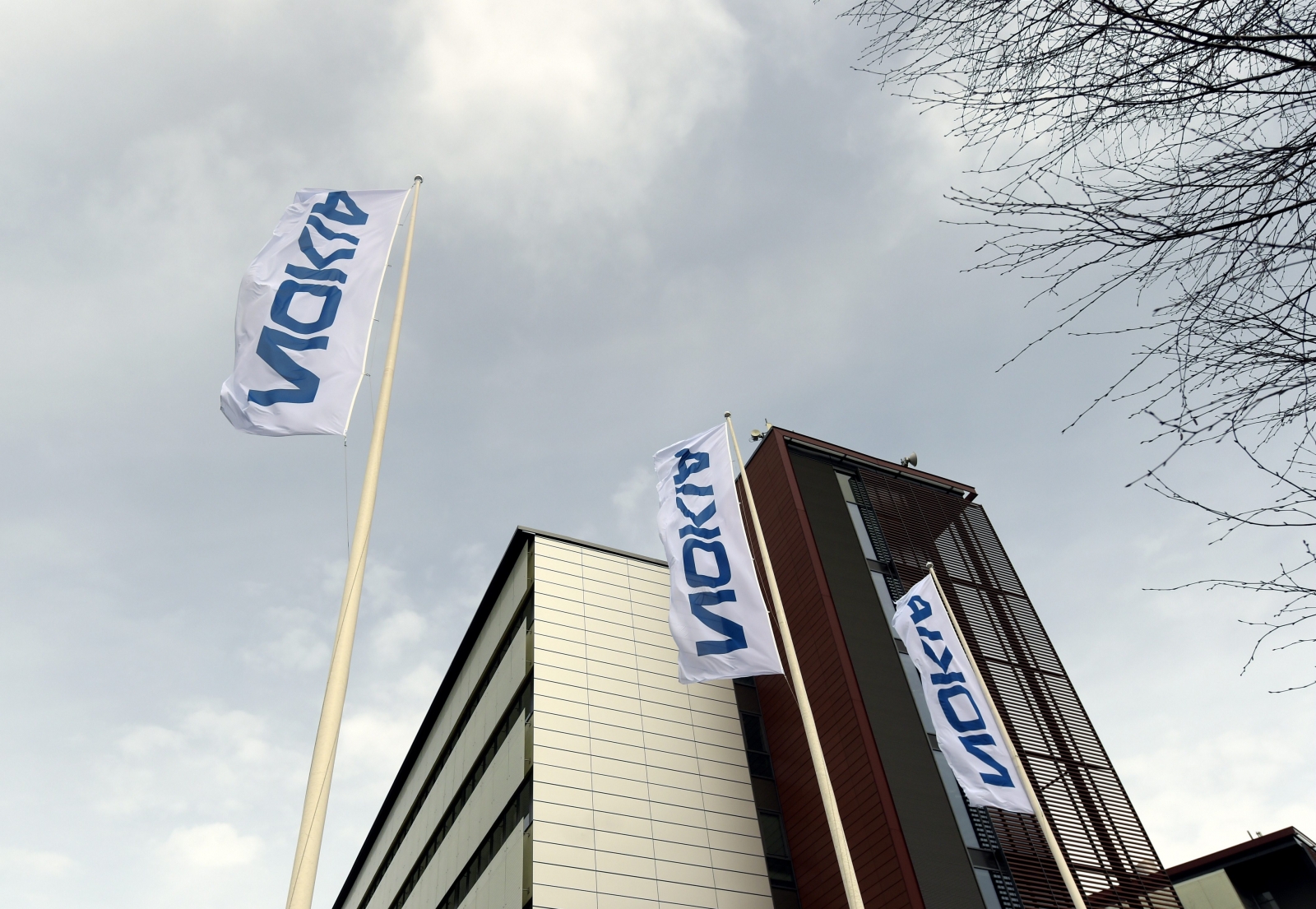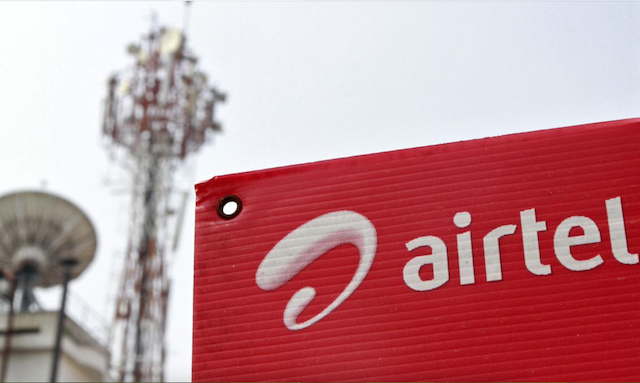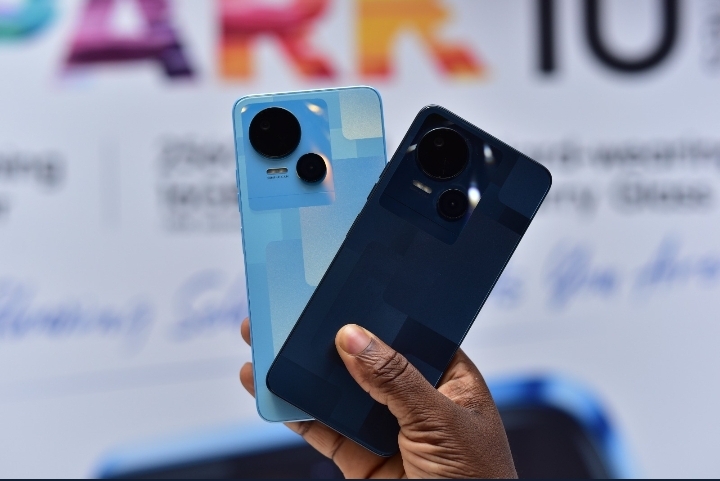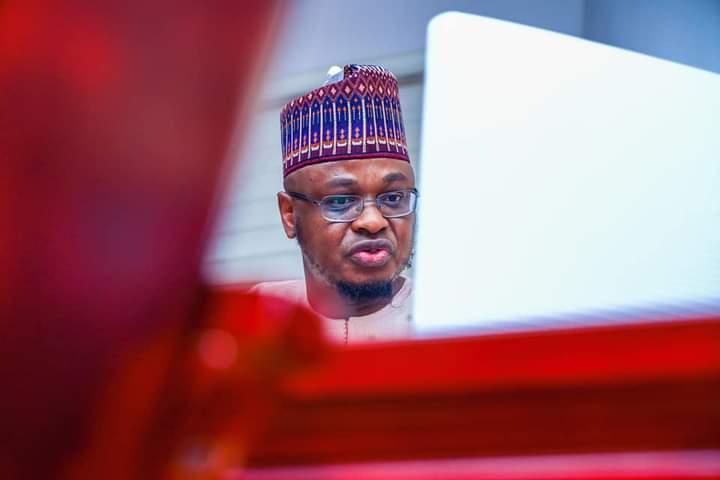The ephemerality of time is one thing that gnaws the innards of the politician. If a wish list was possible in the New Year, he would ask God for time to stay still, you know, like Joshua making that great declaration for the sun to remain still right in the middle of the sky, over Gibeon, until he put the battle to rest.
But time is fleeting, like a wink of the eye, a constant moving machine which runs so fast, until life is by the red sand to answer the final call. Venerated poet, J.P. Clark, captured the transiency of time in the conversation between that little Child and the Bird in Streamside Exchange. “Will mother come back today? ……. Tide and market come and go/And so shall your mother.”
Just like that. Life’s episode is gone and the child would not understand but waits expectantly. The politician would not wait, instead he would think of other means, of time apropos the time machine and the possibility to zoom into the past and return to the present before heading into the future. Unfortunately, such a possibility belongs only in the movies.
In real life, time runs its normal speed, unhindered. So, when the politician makes promises and prays for the day of reckoning to be deferred, time supervenes and aborts the prayers. Which is why 2023 is here. The year could not be put on hold or on a time machine; all the promises made by the politician will now be put on a scale for proper stocktaking.
Talking of promises, my mind goes back to a particular one in 2016, in the early days of APC, when every little positive move was attributed to the body movement of the new government, the MInister of Information and Culture, Alhaji Lai Mohammed, went to launch the Digital Switchover (DSO) in Jos and released a bouquet of promises to a populace that was hungry to sponge up every good news. Digital Switchover is the migration from analogue television transmission to digital transmission.
Having sang the Buhari administration to power, the minister looked for a quick fix, something to immediately grab the people’s attention as proof that the government was working miracles. What usually is defined as low hanging fruits. The DSO was chosen. The orchestration looked perfect. Something with a little bit of razzmatazz, something that can be etched in memory and pressure the people to salivate for more. TV and its associates would do the magic.
Jos was chosen because of the city’s long romance with television. Remember TV School and the Nigerian Film Corporation, located in the same city because of the breathtaking cinematographic environment and locations, which the constant assault of marauders has not been able to attenuate. Jos was a beckoning attraction and the government seized it with both hands.
The optimism was high and the minister pressed the right keys to make his words sink in.
”Nigeria currently has 20 million TV households, and DSO will make the country the biggest free-to-air market in Africa and indeed the world, and a host of value added services such as news, information and video on demand. Also, bandwidth will be freed up for other uses.
“5,000 direct jobs will be created for young engineers and technicians and another 10,000 jobs from small scale entrepreneurs and technicians who will start up distribution and retail outlets throughout the 774 local government areas.
“More creative hands will be required to create the 24/7 content needed to operate the digital television channels, thus leading to the creation and spring-up of new TV content producers and artists. The DSO will also allow Nollywood producers to monetise their movies directly to 20 Million TV households in Nigeria at the same time, and this will solve the problem of distribution and piracy,” the minister told his excited gathering in Jos.
For the ITU Region-1, which includes Europe, Africa, the Middle East, Central Asia and the Islamic Republic of Iran, the DSO process began on July 17, 2006, according to an agreement at the Regional Radio Communications Conference in Geneva. It was scheduled to end on June 17, 2015, for the UHF Band, with a five year extension for the VHF Band (174 -230MHz) July 17, 2020, in some countries.
The country had reasons to hope. The DSO would free up frequencies that would be monetised by the telecoms regulator, the Nigerian Communications Commission (NCC), who would make more money for the nation.
But wishes can go up in smokes. The country’s DSO plan fell flat on the face. A ministerial committee was set up to override the presidential committee that had been put in place by former president, Dr Goodluck Jonathan. The implementing agency, the National Broadcasting Commission (NBC), was overwhelmed by superior powers, and then started to limp from one controversy to another. Money became an issue, a very big issue. Some approvals that were made suddenly got vaporised. It might be easier to track a dissolving piece of sugar in the mouth than tracking how all that money went.
The final report is that in nearly eight years of this administration, DSO has only been flagged off in about eight states, and signal coverage in each state is not more than a quarter. Remember, the world has since moved on. But here is the question, what will the minister write in his handover notes concerning the DSO? Will he include all the hidden hands that collected the budgetary approval by the government for the project?
Here is another low hanging fruit, something that binds with a spell. After nearly all the legacy projects in the telecommunications industry had been decimated by a minister who saw himself more as the regulator than a minister who should give policy direction, there was a sudden burst of inspiration for the regulator, the Nigerian Communications Commission (NCC), to auction two Lots of 100MHz in the 3.5GHz spectrum band, which is used for 5G technology.
Again the song was waxed: the nation will make money; there will be pervasive broadband all over the nation; businesses will thrive and e-everything will flourish in the country. Everybody loves a good song, especially if it brings hope.
Three Lots of 100MHz have been successfully auctioned since December 2021, one Lot each to MTN and Mafab, valued at $547, 000, 000 for the two, while another was successfully sold last December at the Reserve Price of $273, 600, 000 to Airtel, which had buckled at a point during the auction in 2021.
The other day, the President bragged a little when he said that the government had raised $547, 000, 000 from fifth generation (5G) spectrum auction. The coordinates weren’t totally right because if you add the $273, 600, 000 of last December, the amount would be much higher. Was that a mathematical oversight or simply because the last auction hasn’t been fully paid up yet?
Whatever it is, money has gotten to the government, even President Buhari has acknowledged receipt. What does that mean to the ordinary folk on the street? Not much really. Under this administration the telecoms industry has taken a dive, services remain poor, service gaps are popping up more regularly, availability of ubiquitous broadband is better illustrated by the frustration on the faces of those who try to conduct electronic transactions, or do a transfer in the bank and had to sit out until acknowledgment from the other end. Life has become a drag and sustained frustration.
But this is 2023, farway from 2015. Political promises are coming home to roost in so short a time. Politicians are pleading for a deferment of a shocking reality check in order to protect their balloon of lies. Tide and market come and go, and so is the era of this government that is bound to record an inglorious documentation at the exit gate.
